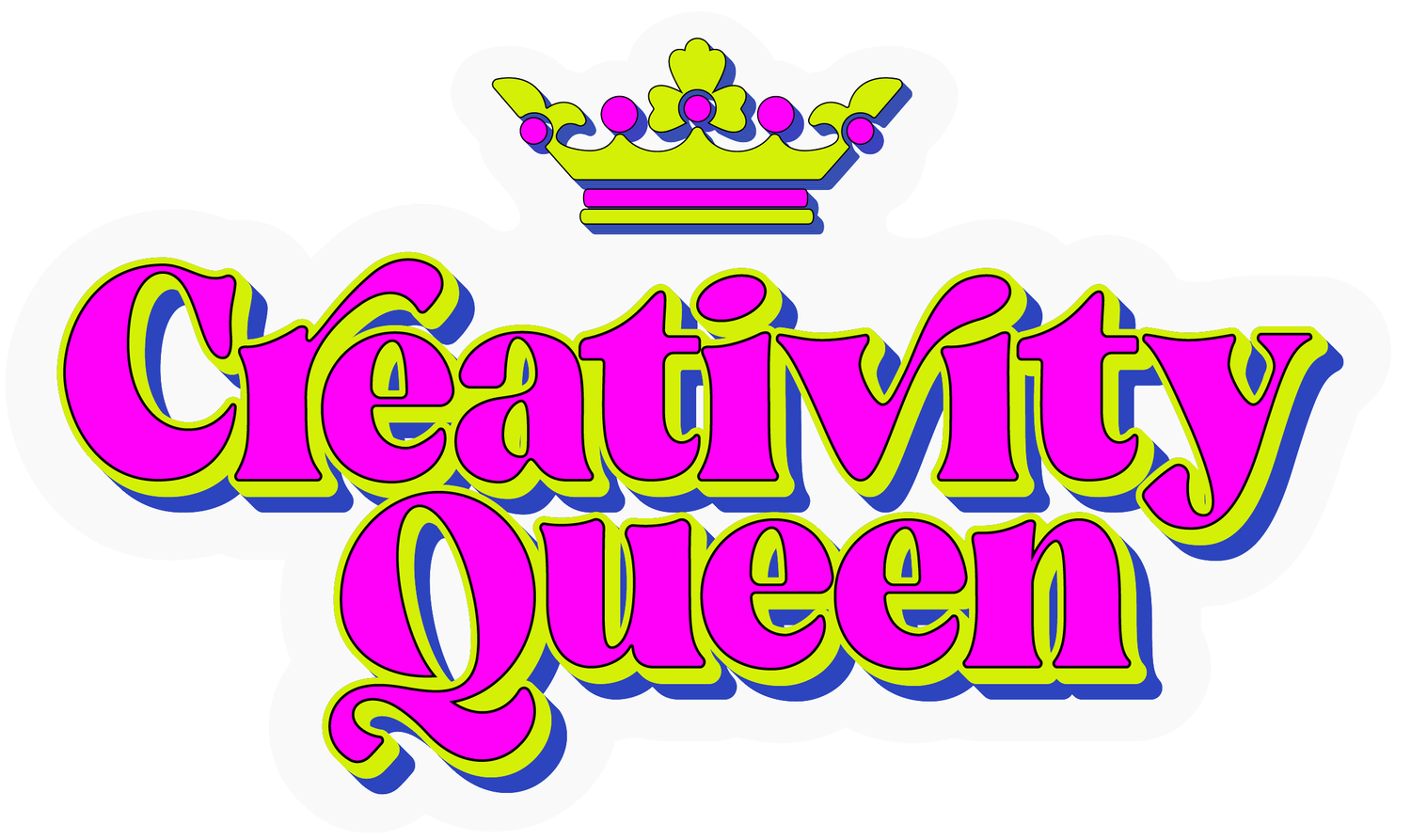Sexual Abuse and Trauma Treatment for Children
child crying
Children respond to sexual abuse in their own way and each person processes their experiences individually. Depending upon the relationship with the perpetrator a child may feel shame, self-blame, and guilt. They may experience dissociation, whereby they become disconnected emotionally as a way to cope with the sexual trauma.
Post Traumatic Stress Disorder (PTSD) responses include triggers of smells, tasted, textures, places or other sensory or physical experiences that may cause the child to re-experience the trauma. A child may become regressive in their behaviors and take on younger developmental behaviors such as sleeping with the lights on. Their endocrine system, which regulates the body, may be taxed to to continual stress and hypo-arousal. Children may developed physical illnesses, such as ulcers, in response to sexual abuse.
As they mature they may struggle with wanting to feel loved and how to be receptive to affection and expressing their sexuality. They maybe overtly sexual in an attempt to assert control and power or to feel validated and loved, or they may withdraw from expressing their sexuality and may feel threatened or vulnerable in close relationships.They may seek out ways to feel in control of their feelings or body, such as using eating restrictions or self-injurious behaviors (cutting/ substance use) as a way to manage their feelings. They may also sublimate their feelings and become over ambitious in sports or in school and later in life use work as a means of control and power (and perhaps as a means of avoiding feelings). If your child has experienced trauma art therapy can help. Schedule a complimentary phone consultation to learn more.

